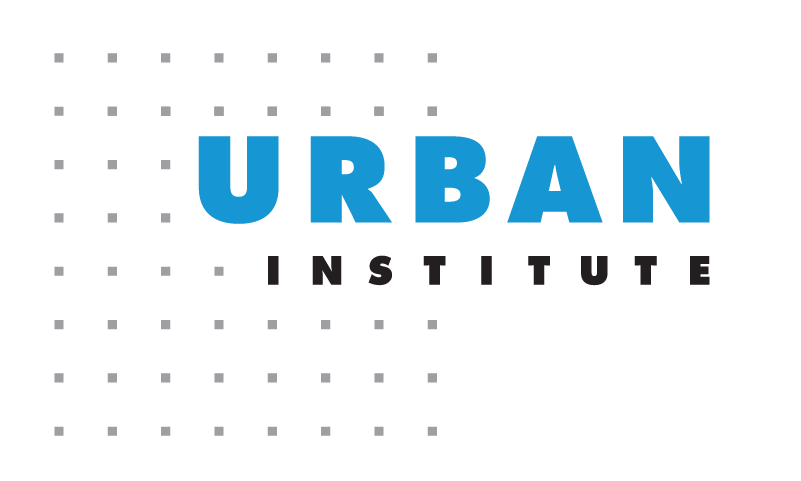Research Assistant (Justice Policy Center) | The Urban Institute
Research Assistant (Justice Policy Center)
Location: Washington, DC
Job ID: R-801482
Salary: $50,000 - $65,113
About Urban Institute:
At the Urban Institute, we believe in the power of evidence to improve lives and strengthen communities. As a nonprofit focusing on social and economic policy, our researchers and policy entrepreneurs open minds, shape decisions, and identify transformative solutions to the most pressing issues of our time.
The Opportunity:
The Justice Policy Center’s (JPC) mission is to inform solutions to crime and safety challenges in the interests of promoting effectiveness in justice systems and operations; addressing the harms of victimization and justice system involvement; reducing racial and other inequities; strengthening community-led approaches to safety; and promoting justice, dignity, and well-being for all. We conduct objective, rigorous, interdisciplinary research, evaluation, and policy analysis and deliver data-driven recommendations, training, and technical assistance. In carrying out our research, we seek to center the voices, experiences, and perspectives of the people, practitioners, and communities most affected by crime and the criminal legal system. The Justice Policy Center is seeking a quantitatively-oriented Research Assistant for the Victim Safety & Justice Practice Area who can work collaboratively on projects aimed to enhance and measure criminal justice response in the United States. The Victim Safety & Justice Practice Area drives impact by equipping changemakers with the evidence and solutions that address the harms of victimization on individuals and communities to promote healing, safety, and justice for all survivors.
People from communities that are overrepresented in the criminal legal system and people with direct experience with the criminal justice system are encouraged to apply.
What You’ll Do:
Contribute to the Victim Safety & Justice Practice Area, including, but not limited to, documenting the widespread causes and consequences of victimization and evaluating promising programs and services to assess their implementation and impact;
Execute a wide range of data collection activities including planning for and implementing field work/site visits, focus groups, interviews, and surveys;
Conduct background research on a range of topics by collecting and analyzing both quantitative and qualitative information, with a particular focus on quantitative analysis;
Draft sections of reports, research briefs, PowerPoint presentations, blogs, and other publications;
Contribute to other products that translate research for policy and practice;
Oversee logistical tasks for proposal development and contribute to substantive content;
Assist with project management and administrative tasks.
Who You Are:
The successful candidate will:
Have a bachelor’s degree or equivalent in criminology, sociology, public policy, or a related field, and experience with quantitative research.
Possess knowledge of STATA, R, or similar software programs (strongly preferred)
Have data collection and analysis experience (for example, descriptive statistics, predictive statistics, etc.) (strongly preferred)
Have prior research assistant experience or a research-related internship (preferred but not required)
Possess strong organizational skills, attention to detail, and the ability to prioritize
Work efficiently and effectively as part of a team and be self-motivated
Have strong writing skills
Be self-directed and detail oriented
Exercise familiarity with MS Word, Excel, PowerPoint, Outlook, and social media tools
Have a willingness and ability to travel
Approach research with an attitude of cultural humility, given the nature of research and working with and on behalf of individuals with criminal legal system contact
Deep understanding of racial equity and justice issues and the ability to help researchers bring an equity and inclusion lens to policy research, weaving that perspective throughout programs of work, and informing how problems are defined and evidence is communicated.

